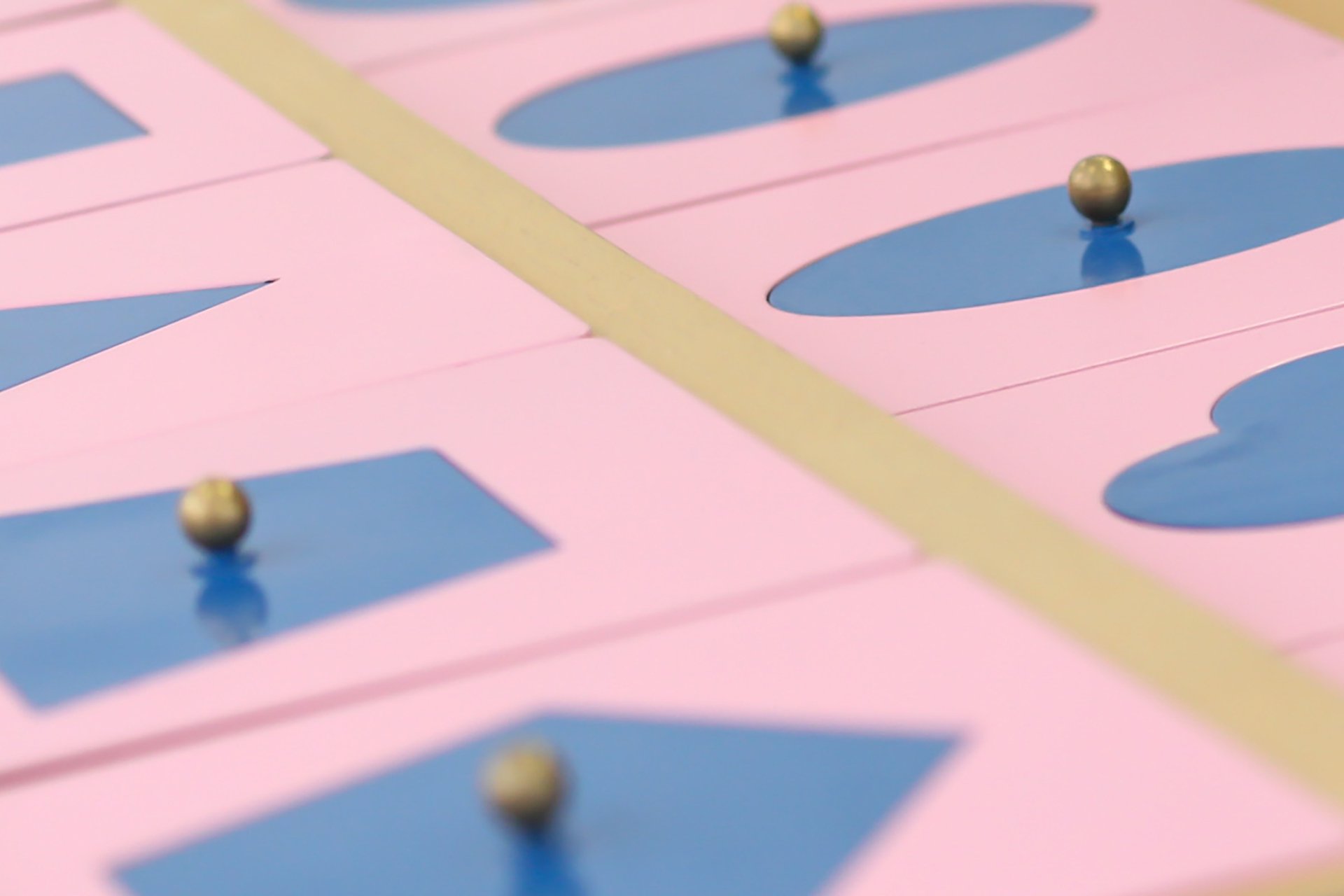Admissions open for YEAR 2026-27

Frequently Asked Questions
What are the classroom environments at Little Florets' Montessori and the age criteria for each?
At Little Florets' Montessori, we offer thoughtfully prepared learning environments designed to meet the developmental needs of children at various stages. Each program is structured to support the child’s natural growth and independence.
1. Toddler Community (Approximately 14 months – 2.5 years)
Children enter the Toddler Community when they are walking independently and ready to explore more actively—usually around 14 months. This environment encourages self-care, language development, and social interaction. Most toddlers remain in this program until about 2.5 to 3 years old, depending on their individual growth and readiness for the next stage.
2. Primary Environment (Approximately 2.5 – 6 years)
Our Primary classrooms serve children from approximately 2.5 or 3 years until they are about 6 to 6.5 years of age. This mixed-age setting supports cognitive, emotional, and social development through hands-on, self-directed learning. Transition into this stage is guided by the child’s independence, emotional maturity, and readiness for more advanced work.
Does Little Florets' Montessori support children with diverse learning needs?
Yes, we warmly welcome children with a wide range of learning styles and abilities, including those who may be have special learning needs.
At Little Florets' Montessori, each child is seen as an individual with unique strengths, interests, and challenges. Our mixed-age classrooms and flexible learning structure allow children to move at their own pace, without pressure or comparison. This approach benefits all learners—those who may excel quickly in some areas, as well as those who may need more time or support.
Children with additional learning needs often thrive in our environment, where hands-on materials, real-life activities, and a peaceful classroom culture promote independence, concentration, and confidence. The freedom to choose work, explore interests, and repeat activities as needed helps each child build mastery in a way that feels natural and empowering.
Our prepared environments are thoughtfully designed to engage the senses, strengthen fine and gross motor skills, and foster deep curiosity. This is especially helpful for children who benefit from tactile learning experiences or who require alternative ways to access information.
The multi-age grouping encourages mentorship, compassion, and acceptance. Older children model patience and leadership, while younger ones observe and learn in a safe, respectful space. This community-based learning model supports inclusion and reduces feelings of isolation or comparison—fostering a classroom culture where every child feels seen, valued, and supported.
At Little Florets', we believe in nurturing the whole child and honoring each child’s path of development. Our goal is to create a joyful and inclusive learning experience where every child, regardless of their abilities, can grow into their fullest potential.
Will my child fall behind if they’re allowed to work at their own pace? How will my child adapt to a traditional school after Montessori?
It's natural to wonder how a Montessori student might transition to a more traditional setting—but rest assured, Montessori education actually equips children with valuable life skills that support adaptability and resilience.
At Little Florets' Montessori, children are encouraged to take ownership of their learning. They choose tasks that interest them, allowing for deeper focus and genuine engagement. When learning is meaningful and self-directed, children naturally develop strong concentration, self-discipline, and a desire to do their best work—all traits that help them succeed in any environment.
While children do progress at their own pace in Montessori, this doesn't mean they're falling behind. In fact, it allows them to truly understand concepts instead of simply memorizing them to move ahead. This solid foundation often makes it easier for Montessori students to adjust to different academic settings later on.
More importantly, the Montessori approach fosters critical thinking, independence, and confidence. These qualities prepare children not only for school transitions but for life itself. Changes are a part of every journey, and we believe it's essential for children to learn how to face them with curiosity and courage rather than fear.
When a child eventually moves from Montessori to a more conventional school, they bring with them a strong sense of responsibility, a love for learning, and the emotional tools to adapt to new routines, expectations, and social environments. In our experience, Montessori students are often well-prepared, flexible, and enthusiastic learners—ready to thrive wherever they go next.
How do Montessori schools handle discipline compared to traditional schools?
My child is very attached to me and struggles with separation. Can I stay with them during the initial days at Little Florets' Montessori to help them settle in?
We understand that starting school is a major milestone—not just for toddlers, but for their families as well. We recognize that many young children experience separation anxiety during this time. That’s why we do not support the practice of abruptly leaving or “abandoning” a child at the school gate or classroom door. Sudden separations can cause emotional distress, fear, and long-lasting negative associations with school. This approach may lead to anxiety, reluctance to attend school, and even delays in social and emotional development.
Instead, we believe in a gentle, respectful, and child-centered separation process. We are committed to making this transition as smooth and loving as possible. We encourage a designated trusted adult—such as a parent, grandparent, or guardian—to remain on the school premises during the initial settling period. This allows the child to build trust in their teacher, classmates, and the school setting at their own pace. With this support, children are more likely to feel secure, develop independence naturally, and grow excited about coming to school each day. Our caring teachers offer comfort and reassurance every step of the way to help each child feel safe, supported, and confident in their new environment.
At Little Florets', your child’s emotional well-being is our top priority. We’re here to walk with you through every step of this beautiful beginning.
How well do children from Montessori adapt when transitioning to CBSE, ICSE, State Board or International schools?
Transitioning from a Montessori environment to traditional educational boards like CBSE, ICSE, State Boards or International Schools is generally smooth for most children. Montessori education fosters self-directed learning, critical thinking, and independence, equipping students with skills that are beneficial in any academic setting. These attributes often help them adapt effectively to the structured curricula of traditional schools.
By the age of six and above, Montessori students typically become curious and self-confident learners who look forward to attending school. While some may find the uniformity of traditional classrooms different from their previous experiences, most adapt quickly, forming new friendships and achieving success within the new system.
Additionally, the comprehensive foundation provided by a three-year Montessori primary curriculum prepares children to continue their education under various pedagogies, including CBSE, ICSE, State Boards or International Schools. Beyond academic competencies, Montessori education fosters social skills, communication, logical thinking, persistence, general awareness, and scientific temperament. These qualities contribute to a child's ability to thrive when transitioning to a regular school.
While individual experiences may vary, the skills and attributes developed in a Montessori setting generally support a positive transition to traditional educational boards.
Why doesn’t Little Florets' Montessori have exams or competitions like traditional schools?
At Little Florets Montessori, we believe that early childhood is a time for joyful exploration, not pressure or comparison. Instead of exams or competitions, we focus on helping each child grow at their own pace, guided by curiosity and a genuine love for learning.
Children in a Montessori environment are not motivated by grades or prizes, but by their own interest in discovering how things work. Our teachers carefully observe each child’s development and provide personalized guidance to support their progress. This approach builds confidence, independence, and deep understanding.
We also encourage cooperation rather than competition. In a calm and respectful classroom, children often learn from and with one another. This helps them develop empathy, teamwork, and a strong sense of community—skills that last a lifetime.
By removing external pressures, we give children the freedom to truly enjoy learning and to become confident in their abilities without fear of being compared or judged.



